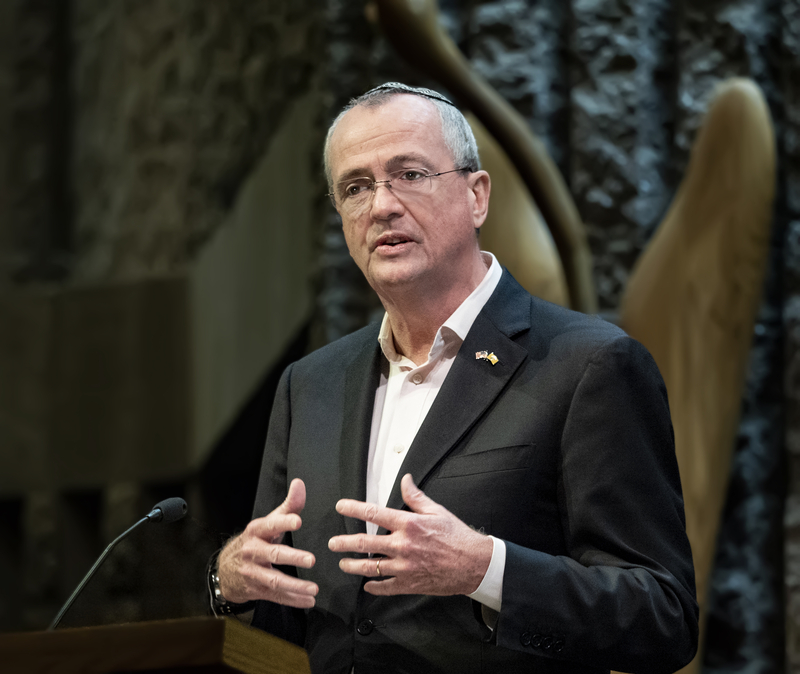TRENTON, NJ – You won’t hear this from Governor Phil Murphy, especially not two days after his health department issued even stricter COVID-19 guidelines for public school students. One of those new rules includes isolating children returning from COVID-19 quarantine, putting them at tables or rooms by themselves.
“If a student tests negative, they can return to school, albeit with some limitations. For instance, during lunch these students must observe a distance of 6 feet from their peers,” NJ.com reports. “They would sit at a table where they would be able to take off their masks and feel that they’re safe and the students around them are safe.”
The new guidance comes as Phil Murphy extended the state’s public health emergency order and as cases of COVID-19 are drastically falling across the state. On Friday, the rate of transmission was just 0.78, far below the nearly 1.7 level peak in December when as many as 34,000 people per day were officially becoming infected with the latest omicron variant each day.
Most people who had omicron experienced cold and flu-like symptoms for between two and ten days, others didn’t even know they were infected.
Today, the state reported nearly 13,000 new cases of COVID-19. To date, 1.7 million people, according to the state have tested positive for COVID-19 since the start of the pandemic.
Other key indicators are falling, but it’s not clear how accurate the state’s figures are. The state reported 4,826 COVID-19 hospitalizations today, but Governor Murphy last week admitted the actual number of primarily admitted for COVID-19 symptoms could be as low as 50% of that number.
511 people are on ventilators, down from 566 just one week ago. Today, New Jersey reported 3,539 cases per 100,000 residents. That is down significantly from pandemic peak of 41,100 people per 100,000 in December.
